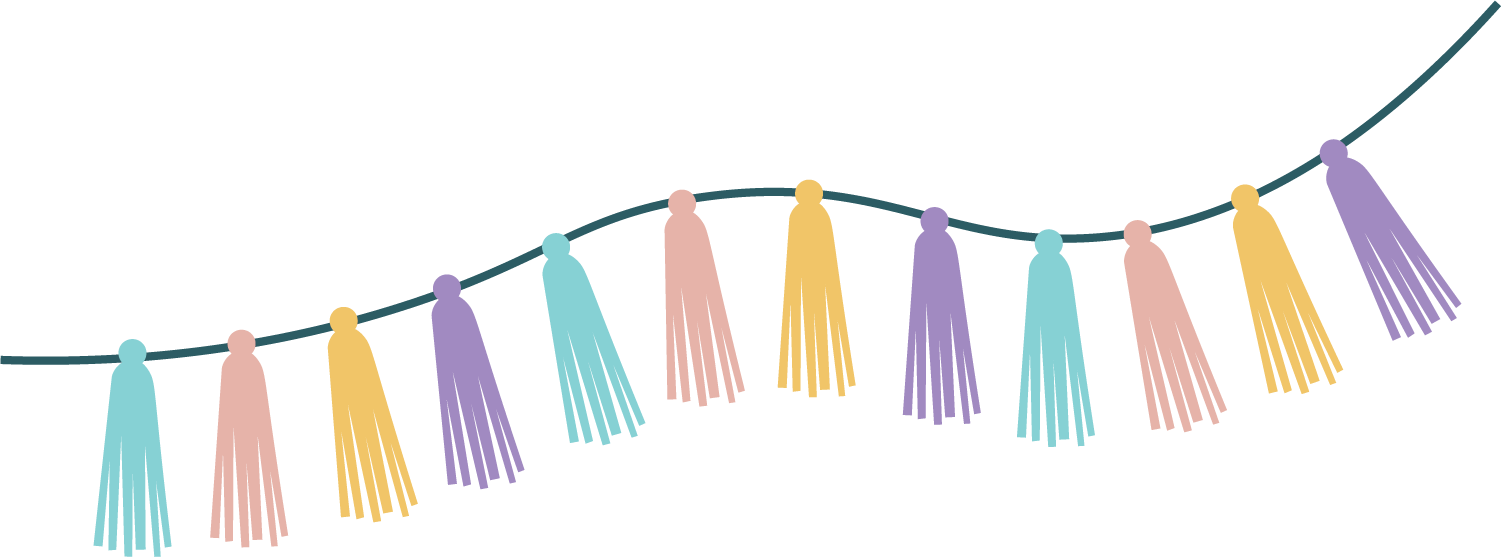Applied Behavior Analysis Training, often known simply as ABA training, has dramatically transformed countless lives.
If you’ve ever wondered about the power of this therapy or considered pursuing it as a career or supplemental training, you’ve come to the right place.
The significance of ABA in behavior analysis
When diving into the intricacies of behavior analysis, one cannot overlook the profound significance of Applied Behavior Analysis (ABA).
It stands as a cornerstone in understanding and modulating human behavior, especially when seeking positive change.
ABA isn’t just another therapeutic approach.
Instead, it’s rooted in empirical science, making it a gold standard for interpreting and modifying behavior.
By meticulously observing and assessing behaviors in real-world settings, ABA offers a unique lens through which we can understand why individuals behave the way they do.
At the heart of ABA lies the understanding that behaviors don’t occur in isolation.
They are often a response to environmental stimuli or specific events.
This insight is crucial as it paves the way to identify the reasons behind a behavior, whether it’s a child’s tantrum in a classroom or an adult’s inability to adapt to a new work environment.
Once the underlying causes are identified, ABA provides structured methodologies to help modify these behaviors.
But why does this matter, especially in a context like California with its diverse population and wide range of behavioral challenges?
Here’s the crux: ABA isn’t just about change; it’s about meaningful change.
Through individualized intervention plans, ABA can transform lives by instilling positive behaviors and reducing or eliminating harmful or disruptive ones.
This approach has shown remarkable success, especially among individuals with developmental disorders, ADHD, and other behavioral challenges.
Furthermore, ABA’s significance transcends individual therapy.

In schools, for example, educators trained in ABA can create classroom environments that nurture positive behaviors while minimizing disruptions.
This not only benefits students with behavioral challenges but also creates a more conducive learning environment for all students.
Additionally, ABA is ever-evolving.
As new research emerges and our understanding of human behavior deepens, ABA remains at the forefront, continuously refining its techniques to offer more effective solutions.
This commitment to evidence-based practice ensures that ABA remains relevant and effective in addressing a myriad of behavioral challenges.
In conclusion, the significance of ABA in behavior analysis is paramount.
It’s a beacon of hope for many, promising a path to better understanding and managing behaviors that might seem insurmountable.
Whether you’re a parent, educator, or just someone intrigued by human behavior, ABA offers tools and insights that can truly make a difference.
Educational prerequisites for ABA training
Navigating the world of Applied Behavior Analysis (ABA) training can be a thrilling journey, but one of the first steps is understanding its educational prerequisites.
Contrary to popular belief, you don’t always need a robust background in psychology to embark on ABA training, but some foundational knowledge can indeed be advantageous.
Typically, most accredited ABA training programs require candidates to have a bachelor’s degree.
The field of study can vary, but degrees in psychology, education, or related social sciences are often preferred.
This foundational academic background equips prospective trainees with a rudimentary understanding of human behavior, laying a solid groundwork for more specialized ABA coursework.
Additionally, certain advanced ABA certification programs, especially those targeting Board Certified Behavior Analyst (BCBA) designation, necessitate a master’s or doctoral degree in behavior analysis or a related field.
These higher-level programs delve deeper into the intricacies of ABA and thus require a more substantial academic foundation.
However, it’s crucial to recognize that the world of ABA is vast, with various training and certification pathways catering to diverse academic backgrounds.
While formal education is a key component, passion, dedication, and an unwavering commitment to making a positive impact are just as essential when pursuing ABA training.
Certification and Accreditation Options
In the ever-evolving field of Applied Behavior Analysis (ABA), the importance of receiving the right certification and pursuing accredited programs cannot be overstated.
It’s more than just a testament to one’s expertise; it provides professionals with the recognition they need to practice effectively and ethically in various settings.
Here’s a closer look at some of the notable certification and accreditation options available in ABA:
Board Certified Behavior Analyst (BCBA)
Perhaps the most recognized certification in the ABA realm, the BCBA designation is offered by the Behavior Analyst Certification Board (BACB).
To earn this certification, candidates must possess a master’s degree or higher, complete specified coursework in behavior analysis, fulfill supervised practical experience requirements, and pass the BCBA exam.
Board Certified Assistant Behavior Analyst (BCaBA)
A step below the BCBA, the BCaBA certification targets those with a bachelor’s degree.
Like the BCBA, candidates must complete specific coursework, garner supervised experience, and pass the BCaBA examination.
However, it’s essential to note that while BCaBAs can assist in the delivery of ABA services, they must work under the supervision of a BCBA or equivalent.
Registered Behavior Technician (RBT)
For individuals starting their journey in ABA, the RBT certification serves as a foundational entry point.
It’s designed for those providing direct behavioral interventions based on ABA principles.
To achieve this designation, candidates must complete a 40-hour training program, undergo a competency assessment, and pass the RBT examination.
Accreditation
For institutions offering ABA training programs, accreditation is vital.
The Association for Behavior Analysis International (ABAI) provides accreditation to universities and institutions that meet their rigorous standards.
Pursuing a program from an ABAI-accredited institution ensures the education received aligns with the best practices and the latest research in the field.
State-specific Certifications
It’s also worth noting that individual states may have their certification requirements, especially if one wishes to practice ABA in specific areas like public schools or state-funded programs.
Professionals should familiarize themselves with state regulations to ensure they meet all necessary criteria.
Practical Experience and Internships
Delving into the world of ABA isn’t just about classroom learning; it’s deeply rooted in hands-on practical experience and internships.
These real-world opportunities bridge the gap between theoretical knowledge and actual application, allowing budding professionals to hone their skills, gain insights into client dynamics, and grasp the nuances of behavioral interventions in various settings.
Tips for excelling in ABA training
To truly shine in ABA training, it’s essential to remain consistently curious and engaged.
Active participation, seeking feedback, and building a strong mentor-mentee relationship can elevate your learning experience.
Additionally, immersing oneself in current research, joining ABA communities, and practicing critical thinking in real-world scenarios can set you on a trajectory toward excellence in the field.
Furthermore, time management and organizational skills are crucial, given the rigorous nature of ABA coursework and practical sessions.
Engaging in continuous self-reflection, being receptive to constructive criticism, and consistently seeking opportunities to apply theoretical knowledge in real-life situations further enhance one’s proficiency and expertise in ABA training.
Conclusion

Embarking on a journey in applied behavior analysis training opens up a world filled with opportunities to make meaningful impacts.
For those in California and beyond, there’s no better time to dive in and transform lives.
As you want to do Mastering ABA Training, consider Dream Big Children’s Center—a vibrant community committed to unlocking the full potential..
FAQs
What are the key topics covered in this ABA training course?
The course covers a variety of topics such as foundational principles of behavior analysis, strategies for behavior modification, and specialized training areas like autism intervention.
How long does it typically take to complete the “Mastering Applied Behavior Analysis Training” program?
Typically, the program spans several months, but the exact duration can vary based on the curriculum and individual progress.
Is this course suitable for individuals with no prior background in psychology or behavior analysis?
Yes, while a foundational understanding can be beneficial, the program is designed to accommodate those without prior knowledge.
Are there any prerequisites or specific qualifications required to enroll in the training?
Prerequisites may vary by program, but generally, a strong interest and dedication are the primary requirements.
What are the advantages of mastering Applied Behavior Analysis (ABA) skills in various professional fields?
Mastering ABA skills allows professionals to address behavioral challenges effectively, opening doors to specialized roles in therapy, education, and counseling.
Can I access the course materials and lectures online, or is it an in-person training program?
While some programs offer online access, others may require in-person attendance. It’s best to check with individual institutions.
Is there a certification or credential awarded upon successful completion of this training?
Yes, successful completion typically results in an Applied Behavior Analysis certification or a similar credential.
What kind of support or resources are available to students during the course?
Students can expect mentorship, access to a library of resources, peer support, and opportunities for hands-on training.
How much does the “Mastering Applied Behavior Analysis Training” program cost, and are there any financial assistance options available?
Costs vary based on the institution and program length. Financial assistance or scholarships may be available based on eligibility.
Are there any ongoing opportunities for networking or professional development within the ABA community after completing the training?
Absolutely! Graduates often find a vibrant community offering continuous learning opportunities, conferences, and networking events.
Can you provide testimonials or success stories from individuals who have previously completed this ABA training?
While this article doesn’t include specific testimonials, many institutions proudly showcase their students’ success stories on their websites or promotional materials.


